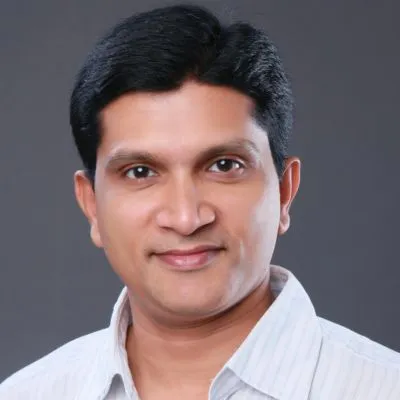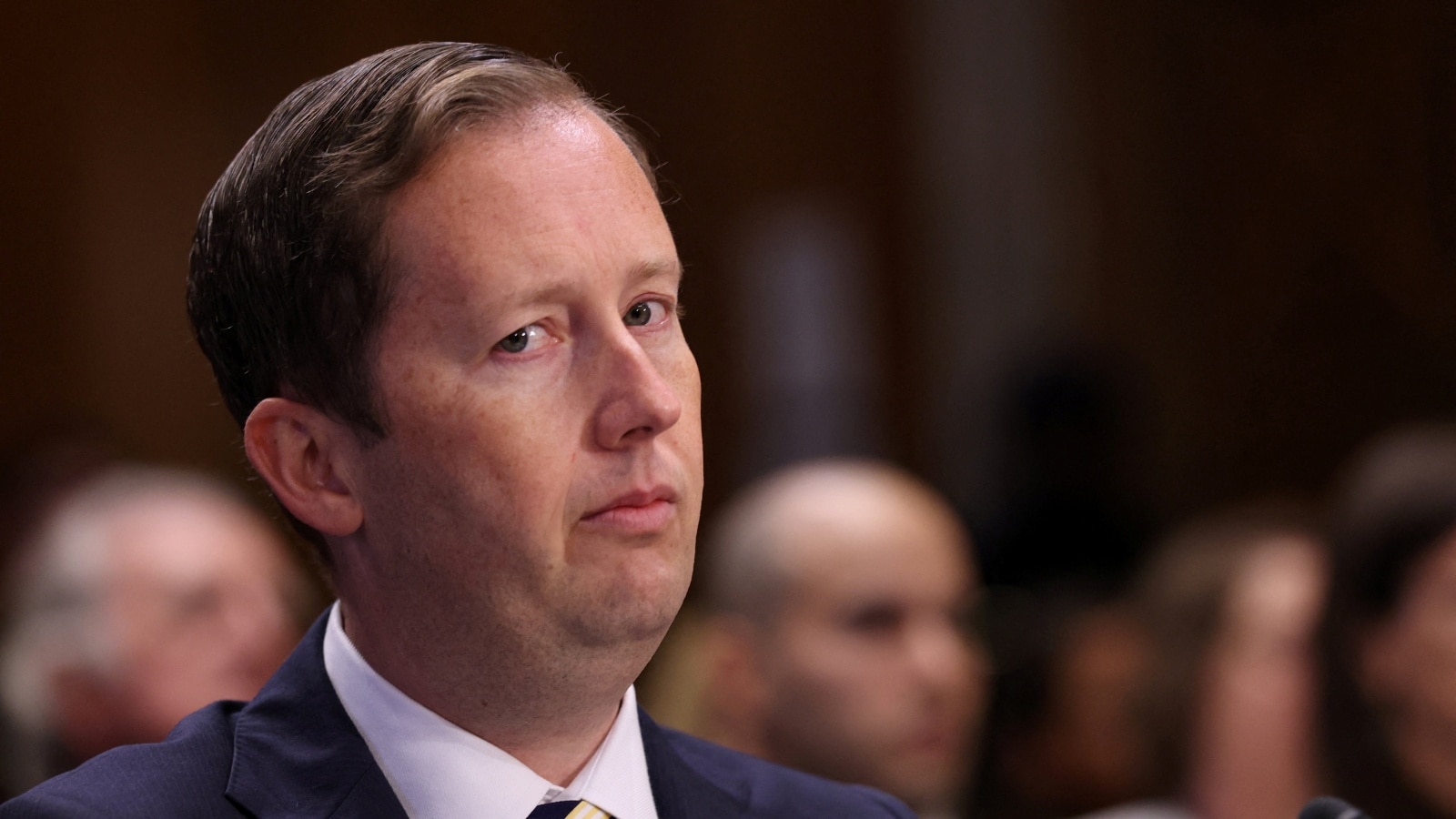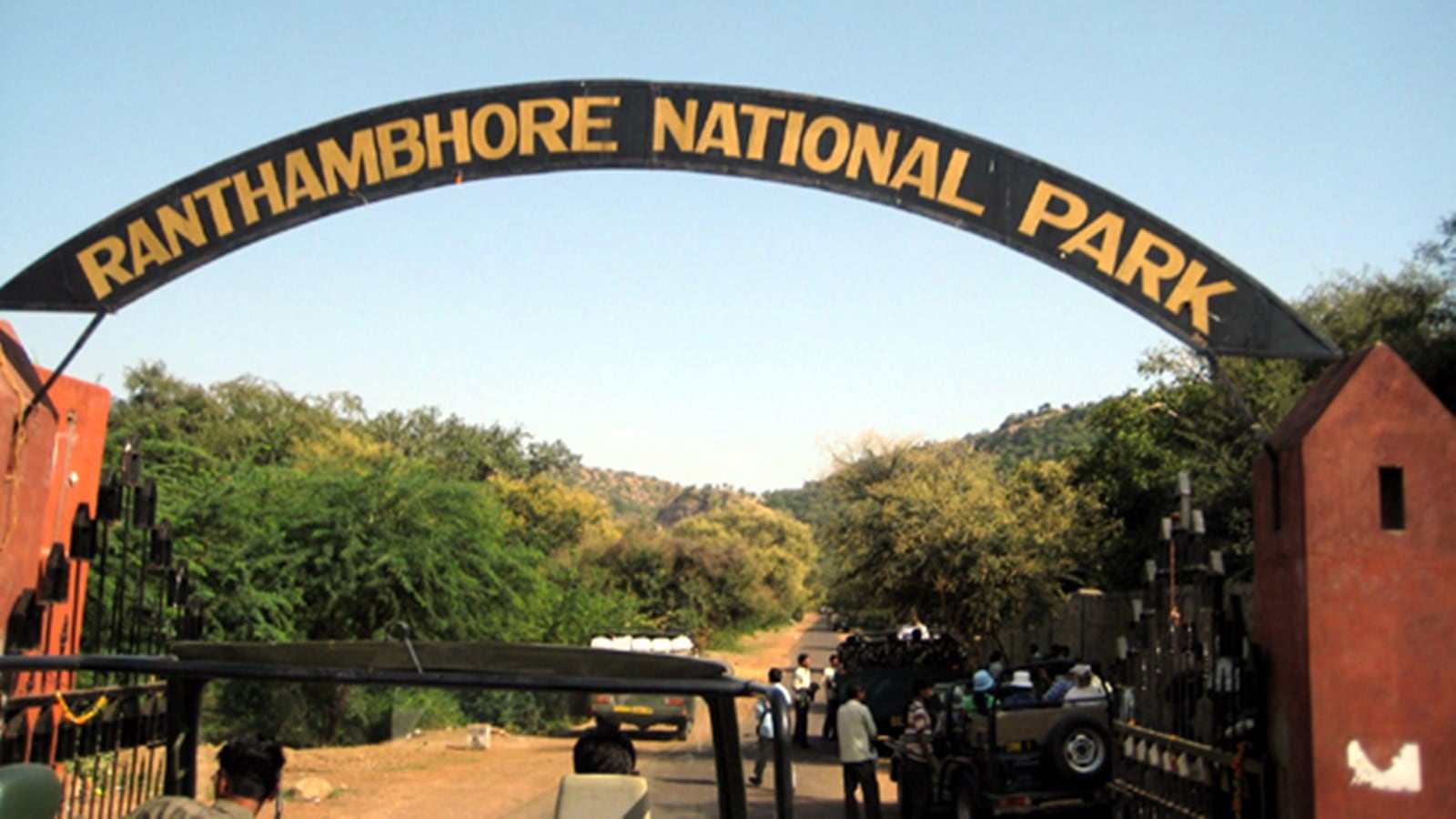ARTICLE AD BOX
 On TET, the court held that it “is one of the minimum qualifications that may be prescribed under Section 23 of the RTE Act”.
On TET, the court held that it “is one of the minimum qualifications that may be prescribed under Section 23 of the RTE Act”.
Stating that the Right of Children to Free and Compulsory Education (RTE) Act, 2009, “ought to apply to all minority institutions, whether aided or unaided”, the SC on Monday called for a reconsideration of its 2014 constitution bench judgment granting them blanket exemption from the applicability of the law, saying “it seems unavoidable”.
In the ‘Pramati Educational and Cultural Trust v. Union of India’ case, a five-judge SC bench in 2014 had held that the RTE Act, insofar as it is made applicable to minority schools covered under Article 30(1) (which deals with the right of religious and linguistic minorities to establish and administer educational institutions of their choice), aided or unaided, is ultra vires the Constitution.
On Monday, a two-judge bench of Justices Dipankar Datta and Manmohan that considered the 2014 decision in a bunch of appeals raising the question of applicability of the Teacher Eligibility Test (TET) to minority educational institutions said, “We…have serious doubts as to whether Pramati Educational and Cultural Trust (ruling)…was justified in granting a blanket exemption to minority institutions falling under Article 30(1) from the applicability of the RTE Act.” The bench directed that its decision be placed before the CJI for appropriate directions on whether the Pramati ruling should be reconsidered by a larger bench.
Writing for the bench, Justice Datta said, “In our considered opinion, the RTE Act ought to apply to all minority institutions, whether aided or unaided.” The court said that “its implementation does not erode—let alone annihilate—the minority character protected under Article 30(1). On the contrary, applying the RTE Act aligns with the purposive interpretation of Article 30(1)… There is no inherent conflict between Article 21A (right to education) and Article 30(1); both can and must co-exist mutually.”
The bench said that “Section 12(1)(c)” of the Act, “which mandates 25% reservation for children from disadvantaged groups and weaker sections at the entry level, serves the broader purpose of social inclusion and universalisation of elementary education. While it is true that such a provision impacts institutional autonomy to some extent, the correct question, however, is whether it results in the annihilation of the minority character of such institution… this requires a fact-specific analysis, and not a blanket exemption.”

The court said that “Section 12(1)(c) does not alter school demographics in a way that would compromise the minority identity of minority schools. Minority institutions undisputedly admit students from outside their community; doing so under a transparent, state-guided framework does not affect any right. Moreover, Section 12(1)(c) is accompanied by a reimbursement mechanism, which ensures financial neutrality.” The ruling said, “even assuming that a conflict exists between Section 12(1)(c) and Article 30(1… such a conflict can be reconciled… by admitting children from the minority community itself, provided they fall within the definitions of ‘weaker section’ or ‘disadvantaged group’ as specified under the RTE Act.”
On TET, the court held that it “is one of the minimum qualifications that may be prescribed under Section 23 of the RTE Act”.
Ananthakrishnan G. is a Senior Assistant Editor with The Indian Express. He has been in the field for over 23 years, kicking off his journalism career as a freelancer in the late nineties with bylines in The Hindu. A graduate in law, he practised in the District judiciary in Kerala for about two years before switching to journalism. His first permanent assignment was with The Press Trust of India in Delhi where he was assigned to cover the lower courts and various commissions of inquiry. He reported from the Delhi High Court and the Supreme Court of India during his first stint with The Indian Express in 2005-2006. Currently, in his second stint with The Indian Express, he reports from the Supreme Court and writes on topics related to law and the administration of justice. Legal reporting is his forte though he has extensive experience in political and community reporting too, having spent a decade as Kerala state correspondent, The Times of India and The Telegraph. He is a stickler for facts and has several impactful stories to his credit. ... Read More
Stay updated with the latest - Click here to follow us on Instagram
© The Indian Express Pvt Ltd



.png)
.png)
.png)
























 English (US) ·
English (US) ·